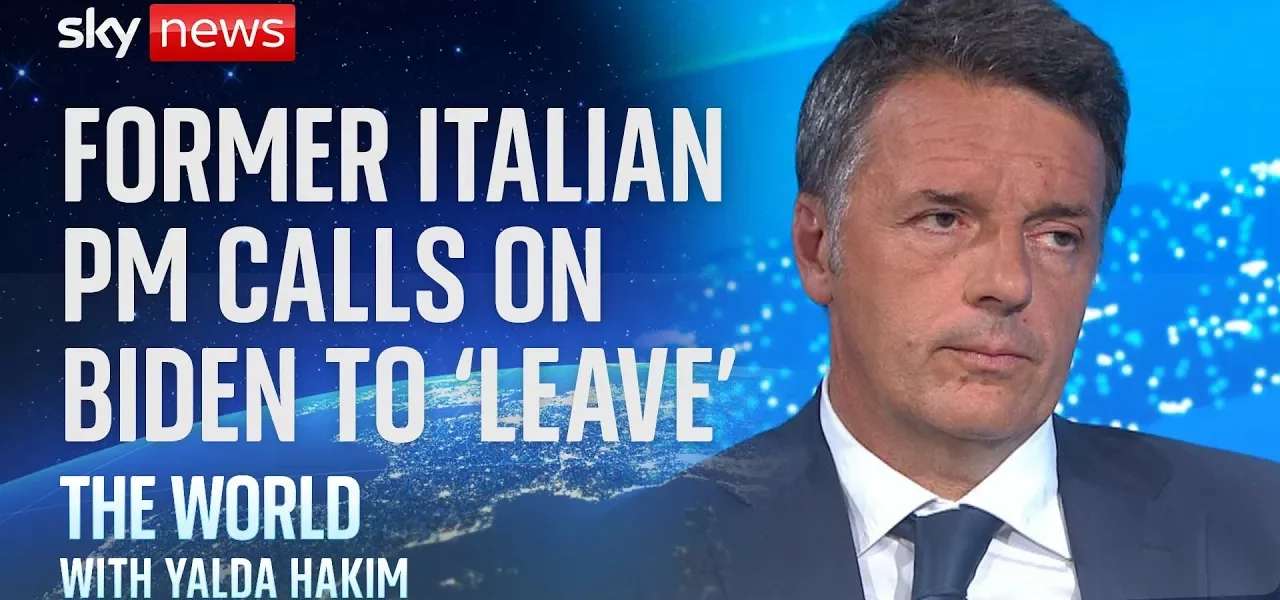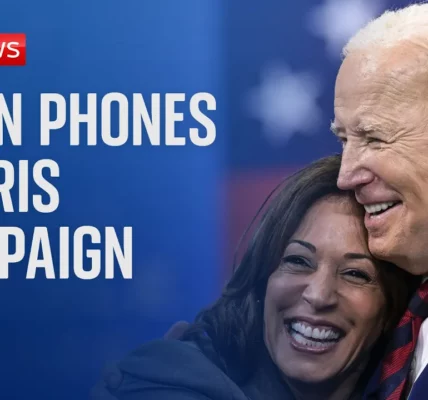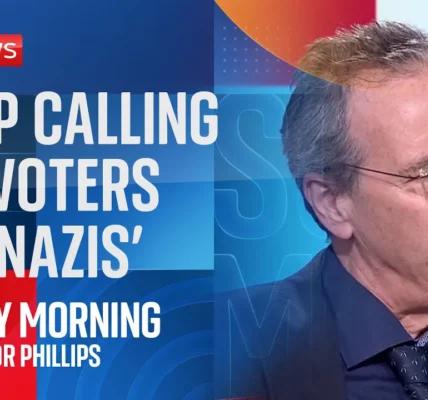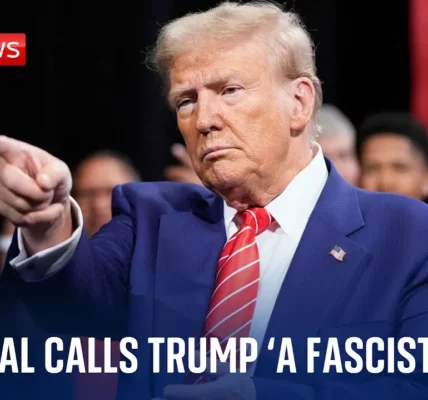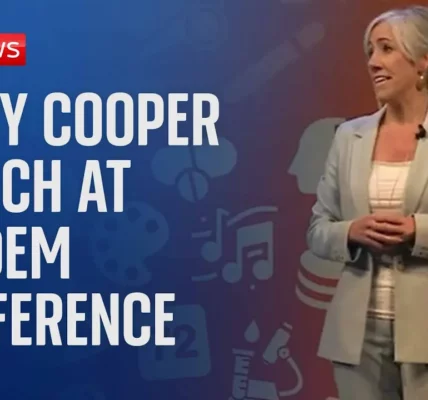Analyzing War Crimes and NATO’s Role in Global Politics

This article delves into the critical issues of war crimes, the complexities surrounding NATO’s future, and the shifting dynamics of global politics, particularly in the context of the ongoing conflict between Russia and Ukraine.
Introduction
In recent times, the world has witnessed some of the most heinous acts of violence, including attacks on hospitals, particularly those catering to vulnerable populations such as children suffering from cancer. Such actions are not just war tactics; they are classified as war crimes. The necessity to identify and label these actions accurately is imperative for justice and accountability. Furthermore, as NATO celebrates its 75th anniversary, it faces new challenges amidst an evolving geopolitical landscape, primarily driven by conflicts in Eastern Europe, particularly the war between Russia and Ukraine.
The Definition and Implications of War Crimes
War crimes are defined by international law as serious breaches of the laws and customs of war. These include attacks on civilian populations and facilities, such as hospitals, which are protected under international humanitarian law. The recent attack on a pediatric hospital exemplifies an egregious violation of these principles. Below are key points regarding the implications of such actions:
- Humanitarian Impact: Attacks on medical facilities result in devastating outcomes for innocent civilians, particularly children.
- Legal Ramifications: Perpetrators of war crimes can face prosecution in international courts.
- International Relations: Such acts can lead to severe diplomatic repercussions and sanctions against the offending nation.
NATO’s Complexity in Modern Geopolitics
NATO, established to safeguard freedom and security in Europe, finds itself at a critical juncture. As the organization marks its 75th anniversary, it must navigate a complex array of challenges including the ongoing conflict between Russia and Ukraine, and the potential implications of a leadership change in the United States.
The Russia-Ukraine Conflict
The ongoing war has raised significant concerns regarding NATO’s strategic role and effectiveness. Key considerations include:
- Defense Spending: Countries like Germany have begun to increase their defense budgets, a direct response to NATO’s expectations and the threats posed by Russia.
- Collective Security: NATO’s principle of collective defense is tested as member states navigate their responses to Russian aggression.
- Future of NATO: The alliance must redefine its strategies to address modern warfare and evolving threats.
Potential Changes in U.S. Leadership
The prospect of Donald Trump returning to power poses significant questions for NATO’s future. Trump’s administration previously emphasized increased military spending by member states, which some argue strengthened NATO. However, his unpredictable foreign policy could also destabilize the alliance.
The Vision for a European Army
There is an ongoing discourse about the establishment of a European Army, a concept that has been debated since the founding of the European Union. Advocates argue that a united military force would enhance Europe’s security capabilities. Key points include:
- Autonomy: A European Army could operate independently of NATO, allowing for a more tailored response to European security concerns.
- Cooperation: Enhanced collaboration among EU member states in defense matters could lead to a more cohesive security strategy.
- Strategic Investments: Increased defense investments, as seen in Germany’s recent adjustments, can bolster the EU’s military readiness.
Conclusion
In conclusion, the world faces a critical moment where the definitions of war crimes and the roles of international alliances like NATO are being challenged. The implications of the Russia-Ukraine conflict, alongside potential shifts in U.S. leadership, underscore the need for strong, visionary leadership and a unified response to emerging global threats. As we look to the future, the establishment of a cohesive European defense strategy could play a pivotal role in maintaining stability and security in Europe and beyond. It is essential for all nations to recognize the gravity of war crimes and work collectively towards a more peaceful global order.
For further insights on international relations and defense strategies, visit our related articles on NATO’s Role in 21st Century Conflicts and The Future of European Defense Policy.
“`
